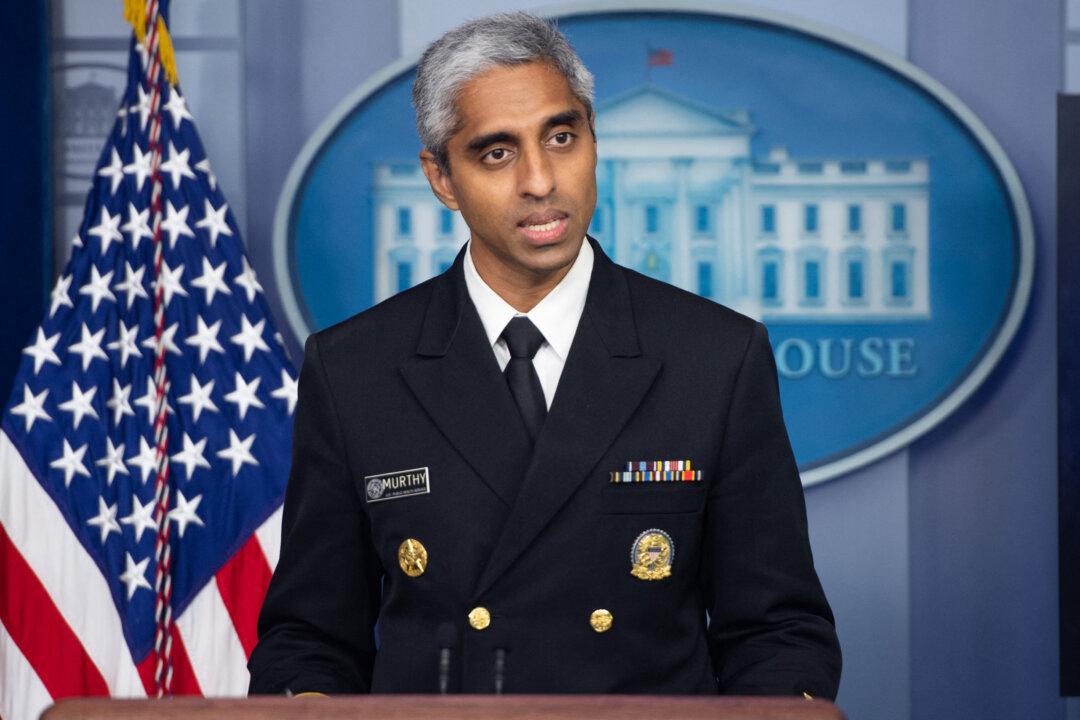Americans who have received two COVID-19 vaccine doses are considered fully vaccinated, Surgeon General Dr. Vivek Murthy said on Aug. 18.
“I think what’s very important for people to know is that if you’ve gotten both shots of your mRNA vaccine, you are fully vaccinated right now; you have full—you have a high degree of protection against the worst outcomes of COVID-19,” Murthy told reporters during a virtual briefing.





